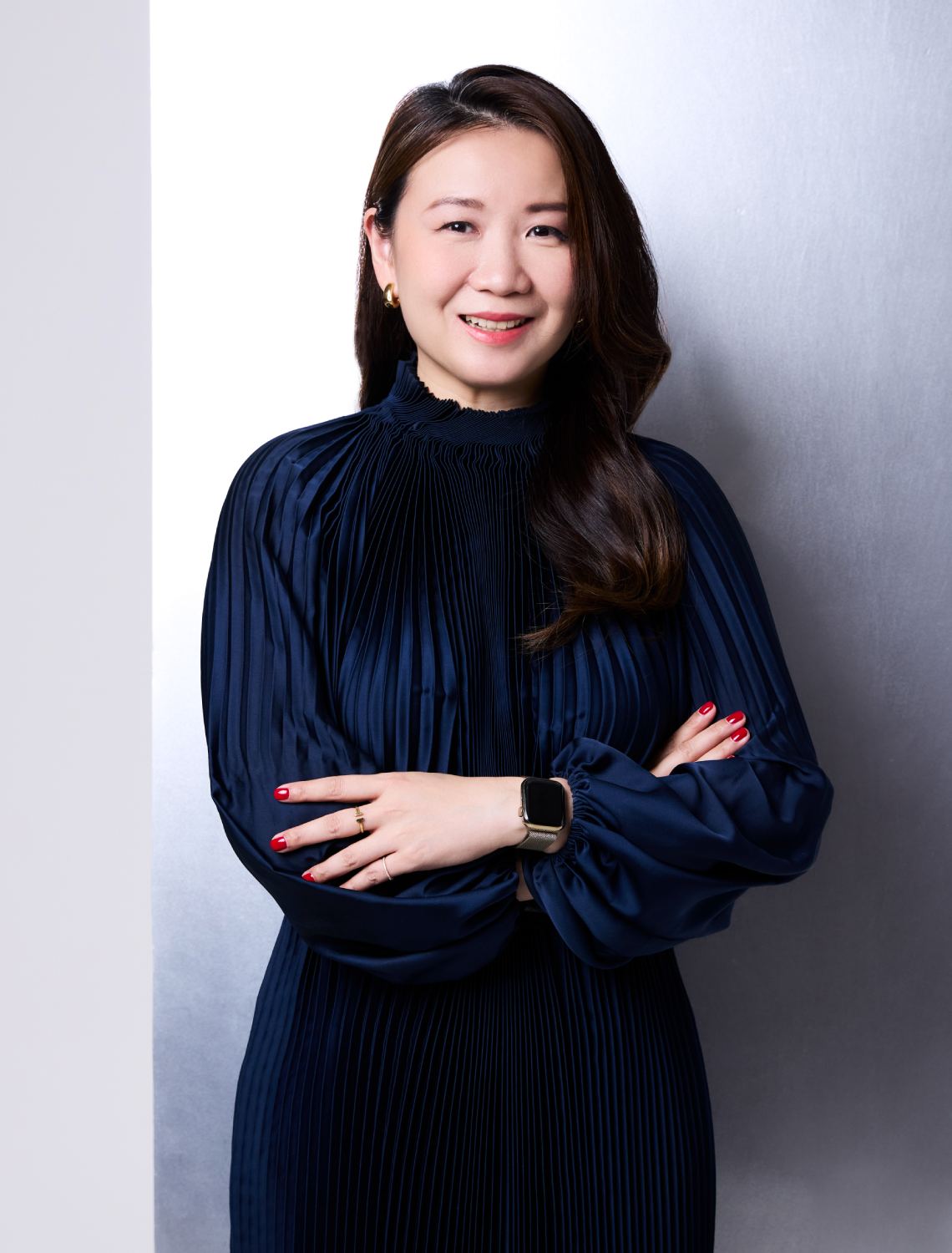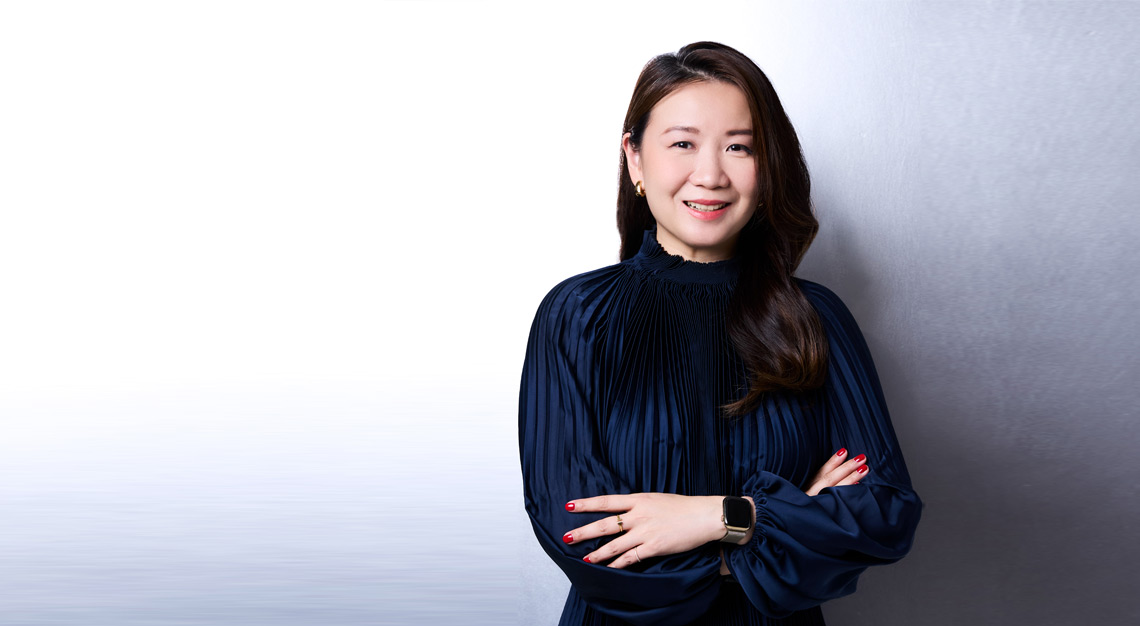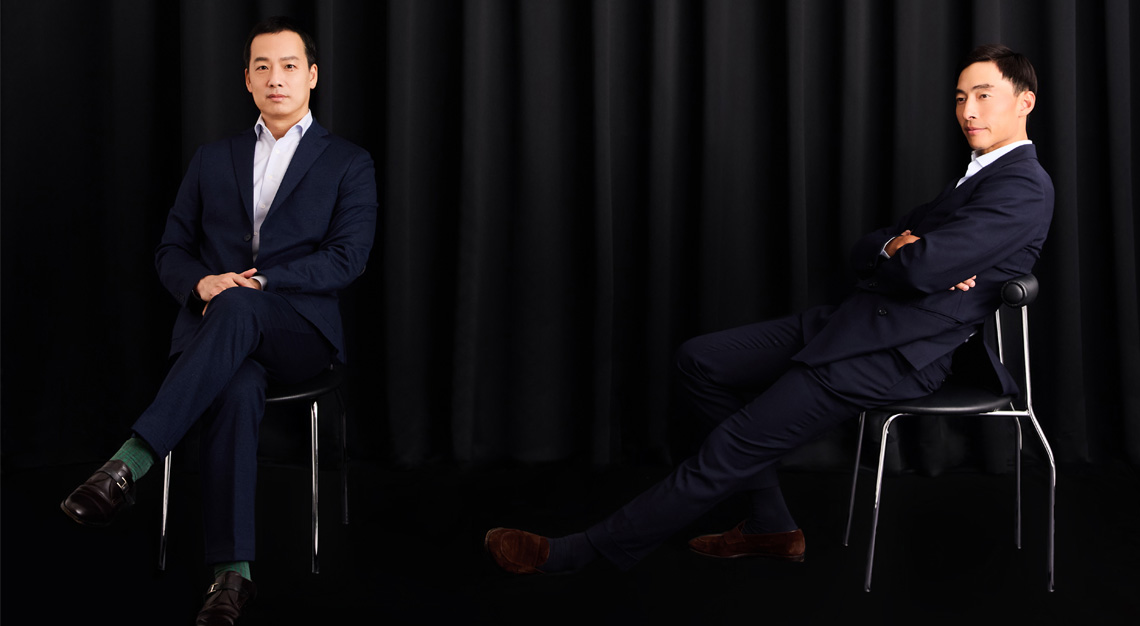Fang Eu-Lin, PwC Singapore’s sustainability and climate change practice leader, and Robb Report Singapore Gala 2024’s Advocate of Sustainability award recipient on effecting change
Numbers, as the adage goes, never lie. As a chartered accountant who transitioned from serving clients across financial services and real economy to leading the sustainability and climate change practice at professional services firm PwC Singapore, Fang Eu-Lin works with and trusts hard data. And it doesn’t make for comfortable bedtime reading.
At a TEDx Talk she delivered in 2021, Fang raised eyebrows with several key findings. One was the effect that the COVID-19 pandemic had on decarbonisation. Even when the world was on lockdown, she said, the rate of decarbonisation stood at 7 per cent. For context, the world needs to decarbonise at a rate of 11.7 per cent annually to have any hope of limiting the long-term temperature rise to 1.5 degrees Celsius. Fast-forward to today and the European Union’s Copernicus Climate Change Service recently reported that between February 2023 and January 2024, the planet had already reached 1.52 degrees Celsius of warming. “Some things are not going to go away. Climate change is one of those,” says Fang. “If you stop right now, that means you have more to do later. Organisations and individuals must continue to progress in the right direction towards sustainable and low carbon initiatives.”

Fang recalls that she started with a blank piece of paper when she took the helm of PwC Singapore’s sustainability practice in 2016. The practice has since established its foundational pillars and made strides towards multiplying its own sustainability efforts as well as helping other organisations shape their sustainability initiatives. “One of the key things that was timely then was (the introduction of) regulation for listed companies to produce sustainability information. What I believed was important, and would greatly impact society, was climate change. While it was a blank sheet of paper, there were also obvious and immediate to-dos,” she says.
No silver bullet
Although Fang warns that there is no silver bullet to combat climate change, she is optimistic about the collaborative efforts that the Singapore government and corporations are making. Among these was the launch of the Singapore Emission Factors Registry (SEFR) this April, following an idea that was mooted two years ago.
The SEFR was implemented to help businesses meet their climate reporting needs, particularly in the area of Scope 3 data (the indirect greenhouse gas emissions from a company’s entire value chain, such as business commuting and the processing of sold products). It is a joint effort between the Singapore Business Federation, PwC Singapore, Singtel, the Agency for Science, Technology and Research , with support from the Ministry of Trade and Industry and the Ministry of Sustainability and the Environment.
“It is good that we have progressive thinkers in Singapore. The problem of climate change and its social effects are so entrenched within a larger scope of problems that it takes 1,000 small things to allow us to get to the solutions,” she says.
Fang is more than aware of the swathes of ground she has to cover. From helping businesses understand the impact of their value chain emissions and the real threat that climate change has on bottom lines to taking a holistic approach to sustainability and climate change solutions, she jokes that it is “everything, everywhere, all at once”. “It means looking at things from short-, medium- and long-term views with 360-degree optics,” she explains on a more serious note.
Reflecting on the journey that has taken her from accountancy work to being an advocate for sustainability and climate change, Fang opines that “sometimes you don’t get to your destination until a bit later”. Having developed different worldviews from doing volunteer work since her 20s, and subsequently ruminating on the potential impact of corporations on social good, the compulsion to think beyond one’s comfort zone proved to be a tipping point.
“It struck me that this is the lottery of life. You didn’t do more or less to be born into the life you have,” she says. “I am from the corporate world and I can see that there are companies that were not only able to be profitable but were also responsible to the environment and uplifted lives. So, when the opportunity came to start the practice in 2016, I thought, ‘why not’?”






